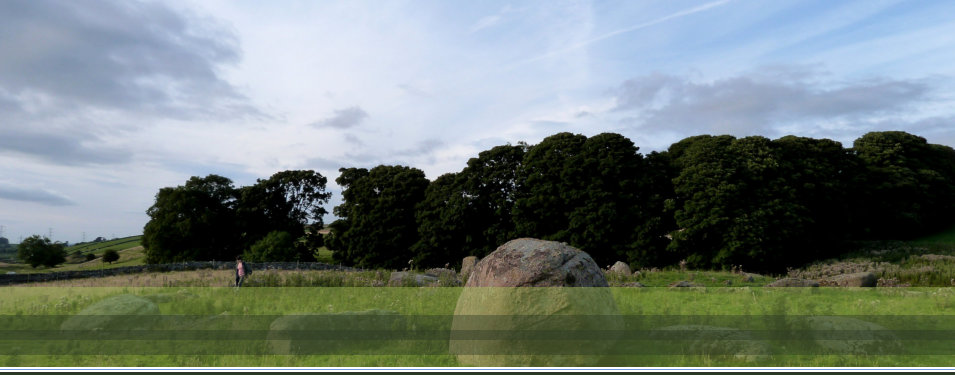
Westmorland during the Mesolithic
Mesolithic tools have been found at Gamelands and Sunbiggin Tarn.
Gunnerkeld Stone Circle is thought to have been in use in Mesolithic
times.
Occupation during the Mesolithic would likely have been seasonal. The warmer climate enabled hunter gathering people rich supplies of food from local marshes such as Eel mires and Red mires in Maulds Meaburn, rivers such as the Lyvennet and Lune, and tarns such as Sunbiggin Tarn and Winter Tarn. It is likely that seasonal parties would come up the Lune valley from the coast and would encamp, exploit an area and then move on to the next. They likely ate whatever they could catch in terms of crustaceans (crayfish), freshwater fish, moorland birds and waterfowl, small mammals such as rodents, rabbits, hares, hedgehogs, beavers etc. and fresh carrion in the form of larger animals like aurochs, ponies, deer and elk, that had been killed by carnivorous predators such as the wolves and bears that lived in the mature woodland. Hunters might have dressed in the skins of deer and donned antlers in order to facilitate their approach to their quarry and also in shamanic rituals. Natural breaks in the woodlands by open water would likely be used as ambush points for the hunters. Springs that would well clean drinking water would have been important sources of food as well as the water itself. Food for thought: Could the stone circle of Gunnerkeld (Hunter’s Spring) likely have provided cover for Mesolithic hunters as well as serving as a place to gather at festivals, make social contracts and worship their gods?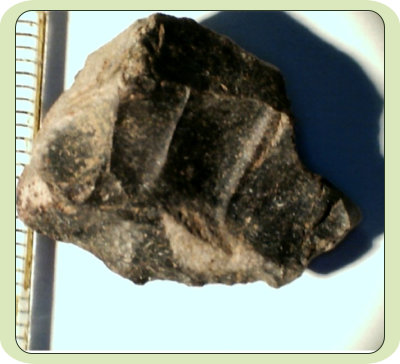
The dark chert core above was found near Sunbiggin Tarn. At least
three blades were struck from this core, probably for a fishing
harpoon. The blade below is for a harpoon and was found nearby.
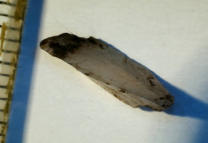
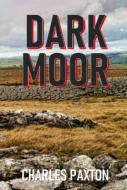
Charles Paxton’s new historical fantasy novel
“Dark Moor” is now available on Amazon Kindle!
The book is set in the Westmorland Fells and some
other noteworthy sites in Cumbria.
Please click the above link or the cover image to
view the title in a new window.
© This site and its contents are copyright 2010-22 by C.Paxton and other contributing members of the Westmorland Fells Group.

Mesolithic


Westmorland Fells

Celebrating Cumbria’s Carboniferous Fells and Dales
Westmorland during the Mesolithic
Mesolithic tools have been found at Gamelands and Sunbiggin Tarn.
Gunnerkeld Stone Circle is thought to have been in use in Mesolithic
times.
Occupation during the Mesolithic would likely have been seasonal. The warmer climate enabled hunter gathering people rich supplies of food from local marshes such as Eel mires and Red mires in Maulds Meaburn, rivers such as the Lyvennet and Lune, and tarns such as Sunbiggin Tarn and Winter Tarn. It is likely that seasonal parties would come up the Lune valley from the coast and would encamp, exploit an area and then move on to the next. They likely ate whatever they could catch in terms of crustaceans (crayfish), freshwater fish, moorland birds and waterfowl, small mammals such as rodents, rabbits, hares, hedgehogs, beavers etc. and fresh carrion in the form of larger animals like aurochs, ponies, deer and elk, that had been killed by carnivorous predators such as the wolves and bears that lived in the mature woodland. Hunters might have dressed in the skins of deer and donned antlers in order to facilitate their approach to their quarry and also in shamanic rituals. Natural breaks in the woodlands by open water would likely be used as ambush points for the hunters. Springs that would well clean drinking water would have been important sources of food as well as the water itself. Food for thought: Could the stone circle of Gunnerkeld (Hunter’s Spring) likely have provided cover for Mesolithic hunters as well as serving as a place to gather at festivals, make social contracts and worship their gods?
The dark chert core above was found near Sunbiggin Tarn. At least
three blades were struck from this core, probably for a fishing
harpoon. The blade below is for a harpoon and was found nearby.

Advertisement
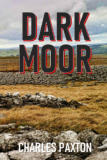
Charles Paxton’s new historical fantasy novel “Dark Moor” is
now available on Amazon Kindle! The book is set in the
Westmorland Fells and some other noteworthy sites in
Cumbria.
Please click the above link or the cover image to view the
title in a new window.
© This site and its contents are copyright 2010-22 by C.Paxton and
other contributing members of the Westmorland Fells Group.



















